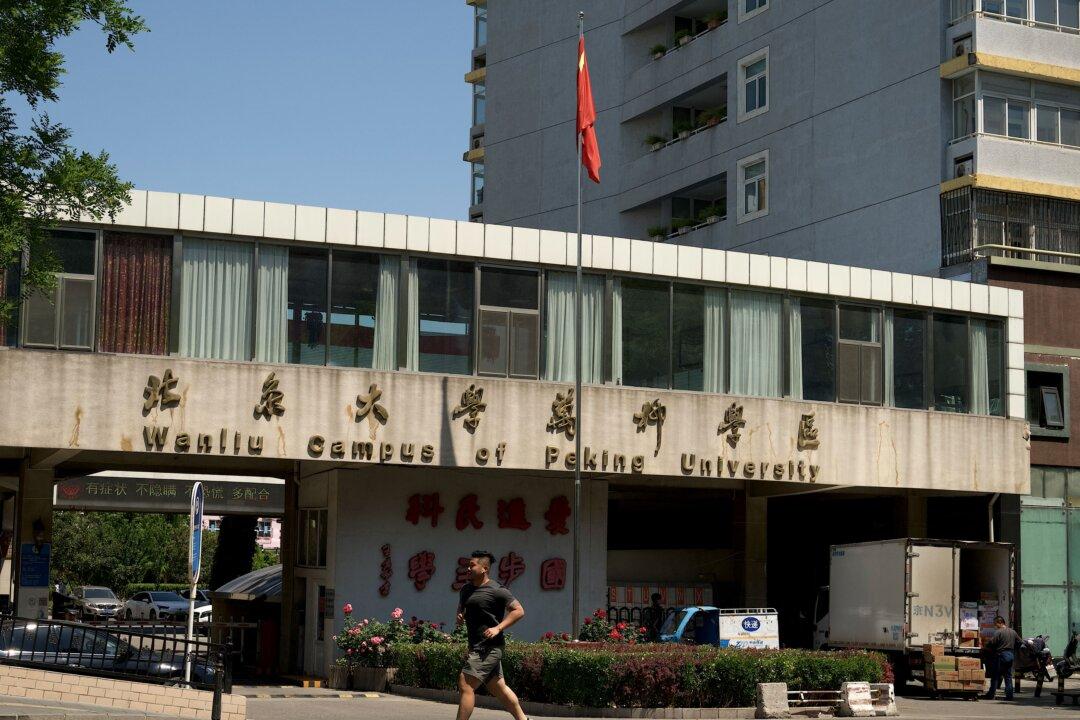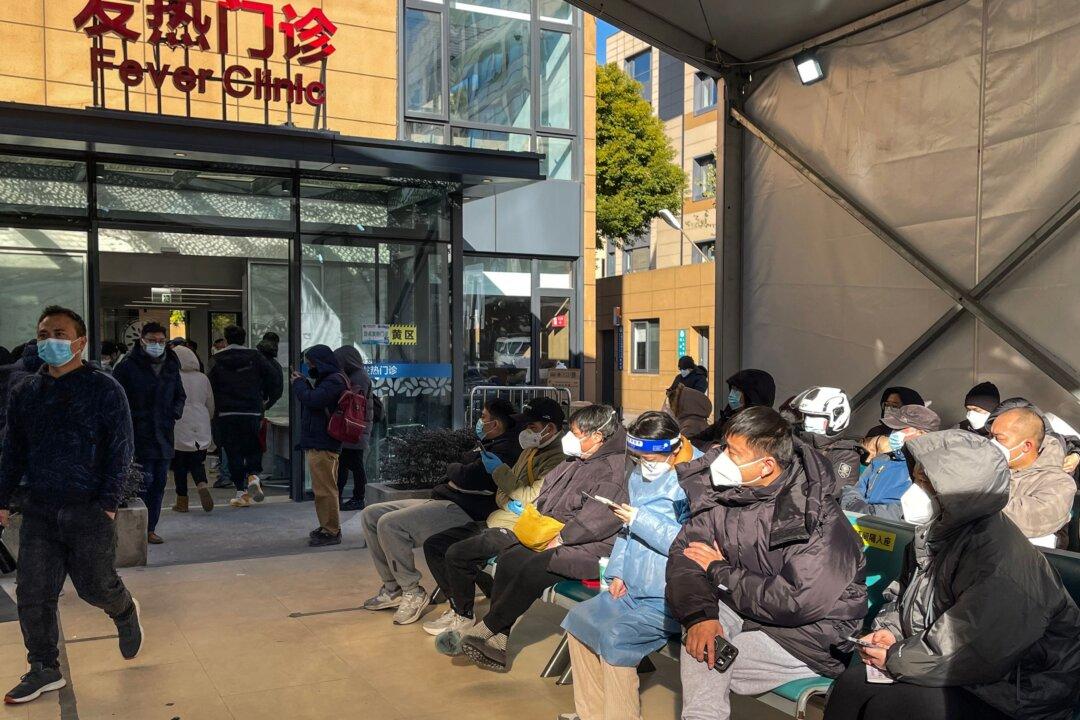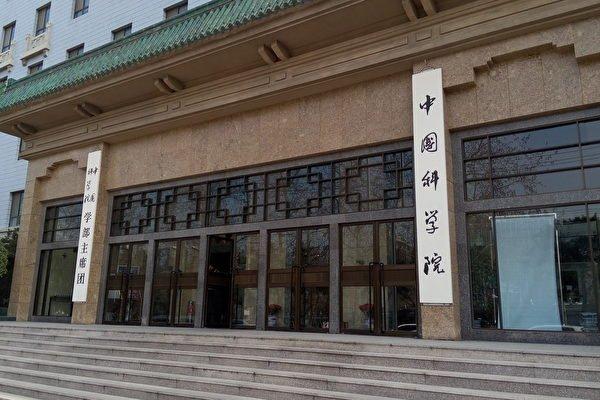Peking University reported the loss of at least eight professors and three cadres to various illnesses in a little over a month, from April to early May.
Among the deceased are eminent figures such as Xiao Zuo, a pioneering scientist in China’s space science sector, and Wu Ho-Mou, a former tenured professor in the United States who joined Peking University in 2006. Also of note is Mun C. Tsang, a graduate of MIT and Stanford University and a prominent scholar in economics and education economics.





